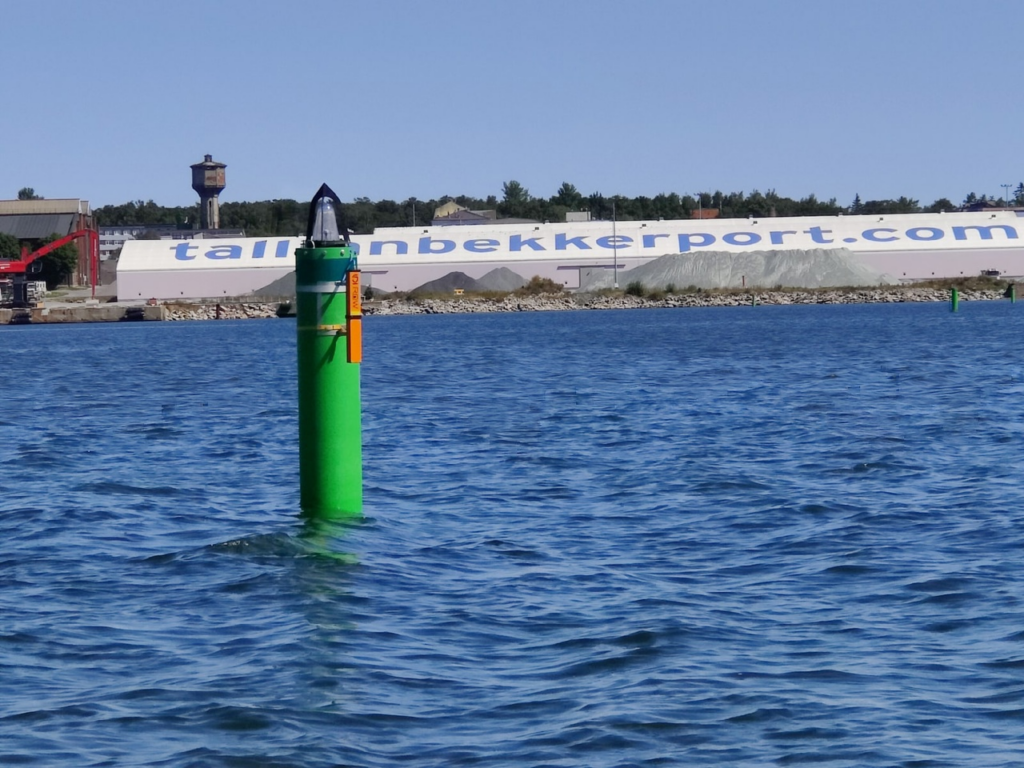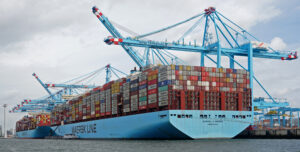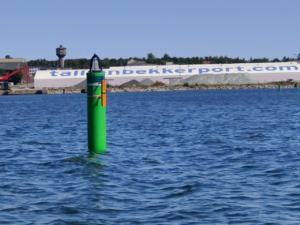Why Real‑Time Monitoring Is Critical for Coastal Infrastructure Protection

Coastal infrastructure—like ports, desalination plants, power stations, and wastewater treatment facilities—face constant risk from accidental oil contamination due to nearby vessel activity, bunkering, or industrial discharge. In these critical systems, real-time detection is essential to prevent environmental damage, operational downtime, and regulatory non-compliance. LDI’s Remote Optical Watcher (ROW) offers an effective and reliable solution for monitoring oil spills in sensitive coastal zones.

The Risk: Coastal Infrastructure Vulnerability
Sites located near busy shipping lanes—where oil tankers and container ships pass—are at high risk of contamination. Even minor spills can lead to:
-
Clogged water intake systems at desalination or power plants
-
Membrane fouling and pump failure in reverse osmosis systems
-
Overwhelmed wastewater facilities receiving oily discharge
-
Environmental harm and reputational damage from regulatory breaches
Global data shows that millions of tons of oil have spilled along coastlines due to tanker accidents, posing severe ecological and economic threats
Why Real-Time Monitoring Makes a Difference
Instant Alerts, Immediate Action
ROW provides real-time notification via SMS, email, or telemetry. This enables facility operators to react immediately—shutting down intakes or deploying containment before the spill reaches critical systems.
Offshore Detection with Buoy Platforms
When mounted on solar-powered ROW buoys, the system monitors the water around intake areas continuously. Built with IP68-rated, all-weather protection, these uncrewed platforms ensure continuous detection in challenging coastal conditions.
Preventing Downtime and Damage
Early detection enables upstream containment. If fuel or oil is detected in time, facility operators can halt intake pumps and initiate cleanup—preventing costly shutdowns and sustaining operational uptime.
Better Coordination and Response
Real-time monitoring supports coordinated spill response involving environmental agencies and operational staff, which helps reduce the cleanup footprint and associated costs.
A Clear Improvement over Satellite or Periodic Surveillance
These are two distinct systems solving different problems:
-
Satellite-based services (e.g. SAR-based platforms like CleanSeaNet) detect large-scale spills across broad maritime areas. They provide valuable regional oversight but are not designed for pinpoint, facility-level monitoring.
-
LDI’s ROW sensors, on the other hand, offer localized, real-time detection—ideal for catching small spills in difficult-to-reach or enclosed locations such as intake channels, bunded areas, and indoor wastewater systems.
The technologies are not interchangeable—they serve distinct needs:
-
Satellite systems identify major slicks from afar;
-
ROW delivers targeted alerts for smaller spills exactly where they occur.
Together, they complement each other: satellites offer wide-area spill detection, while ROW provides precision monitoring for sensitive infrastructure.
Technical Benefits That Make a Difference
-
UAE relies heavily on desalination—nearly 42% of its drinking water, supplied by over 70 plants including giants like Jebel Ali and Al Taweelah IWP.
By integrating ROW into their intake monitoring, operators gain a safeguard against hydrocarbon threats, securing both infrastructure and the environment
Feature ROW Advantage Detection Sensitivity Detects oil films ≤ 1 µm, even in murky coastal water Monitoring Platform Autonomous, solar-powered buoys with IP68 certification Power Efficiency Requires < 2 W; ideal for remote and unmanned monitoring Telemetry Integration Relay, 4–20 mA, Modbus, RS‑485 for seamless SCADA/LMS deployment
Coastal Infrastructure Protection Starts with Real Time
Defending coastal installations against oil contamination requires more than reactive monitoring—it demands proactive, continuous surveillance. With ROW, facility operators can detect spills instantly, initiate rapid response protocols, and significantly reduce environmental, operational, and reputational risks.
Curious how ROW can safeguard your next coastal project?
Visit the ROW product page or contact us to learn more or request a tailored deployment plan.
Search
Recent Posts
- Hydroelectric Safety Reinvented: Continuous Oil Monitoring for Turbine Protection
- Continuous Water Monitoring: Refineries and Oil Terminals
- Extreme Stress Test: How the LDI Sensor Survived a Ship Impact and a Month in the Frozen Sea
- LDI Demonstrates Autonomous Oil Spill Detection in Tallinn
- How ROW Supports the EU’s DIGIMARIS Marine Spill Response Project
